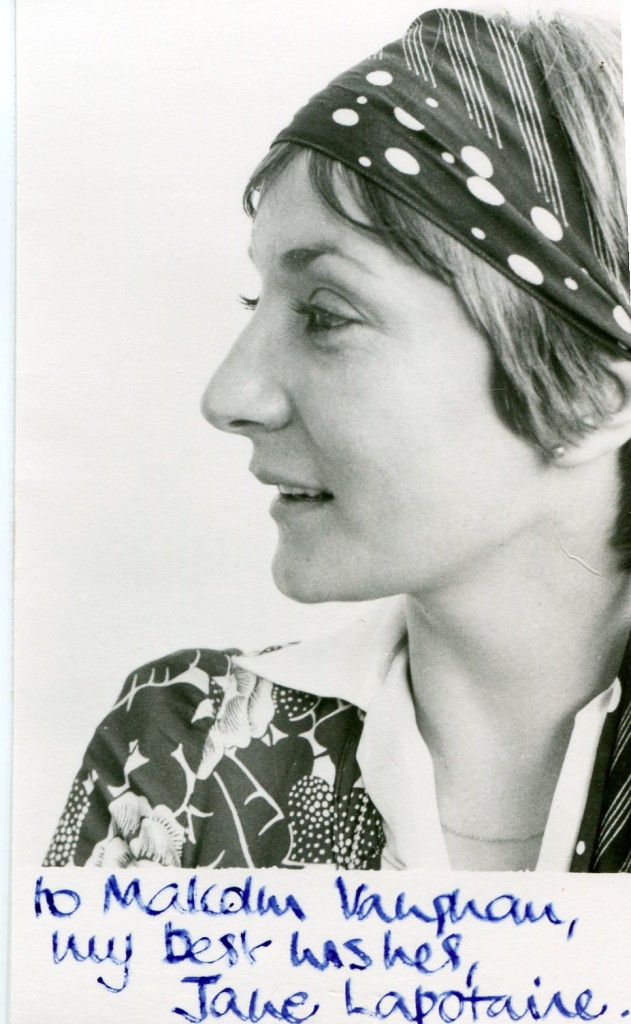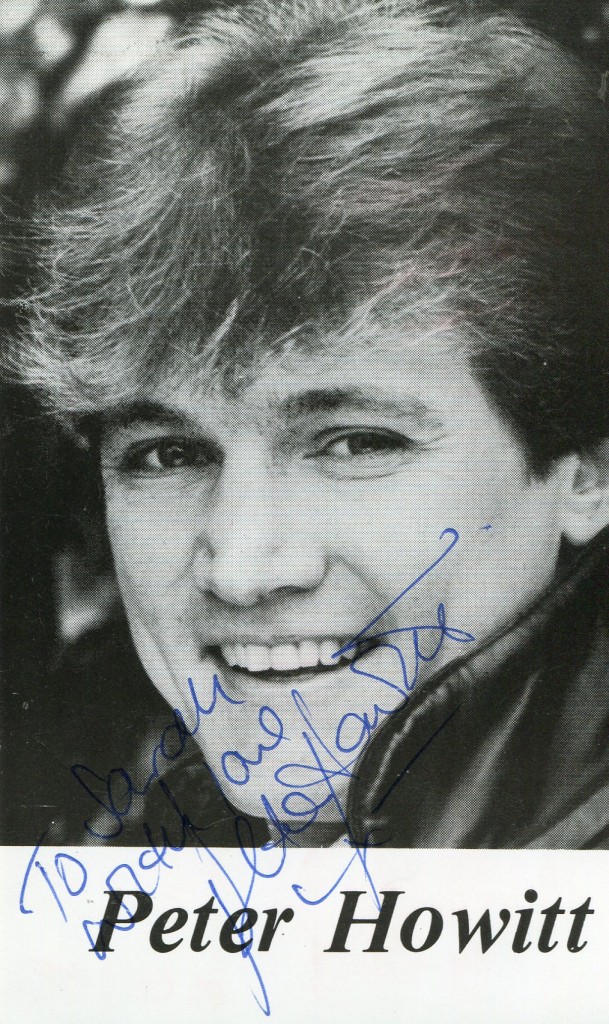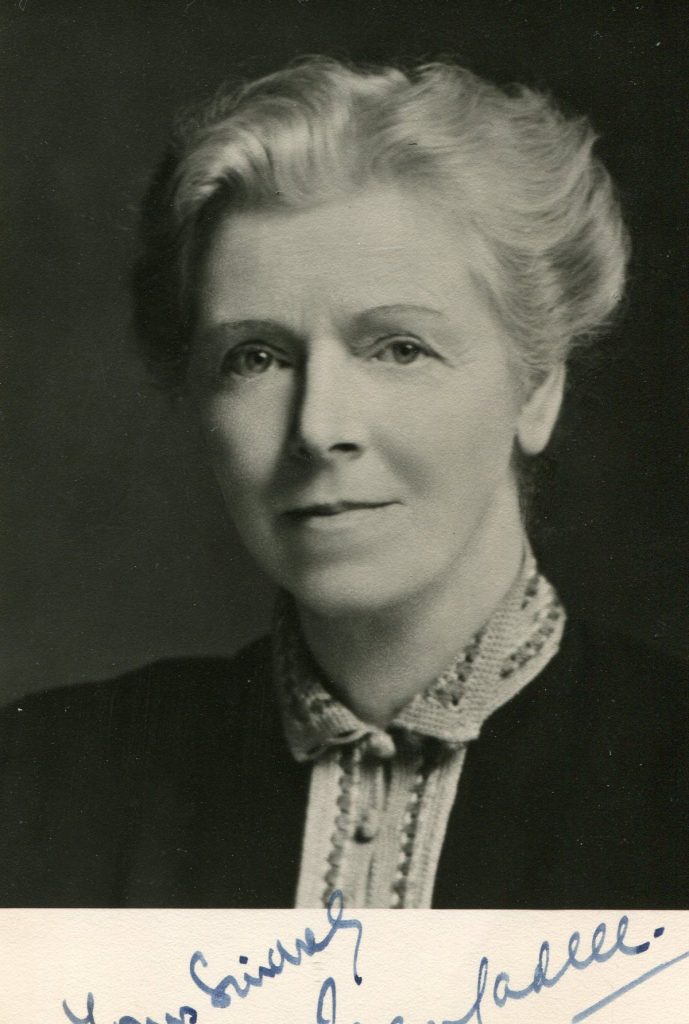
Jane Lapotaire was born in 1944 in Ipswich. Her television debut came in the tv series “Sherlock Holmes” in 1968. Her films include “Anthony and Cleopatra” in 1972, “The Asphyx” and “One of Our Dinosaurs Is Missing”.
“Coventry Telegraph” article from Oct 2013:
Veteran actor Jane Lapotaire is rejoining the RSC in her first stage performance since collapsing with a brain haemorrhage 13 years ago. She talks to Catherine Vonledebur .
Jane Lapotaire’s dressing room at the RSC is Room 101.
“Isn’t Room 101 where you throw unwanted things?” laughs the witty Tony Award-winner.
She is next door to David Tennant, who she says “is on stage most of the time”.
It is the first time Jane has returned to theatre since suffering a near-fatal brain aneurysm at 57, while teaching a Shakespeare masterclass for an International School in Paris in January 2000.
One of the leading stage actresses of her generation, Jane is making her comeback at the RSC as the Duchess of Gloucester in artistic director Greg Doran’s Richard II.
“I feel overwhelmed, joyous, excited, frightened, nostalgic and overjoyed to be back, especially working with Greg. I played Katherine of Aragon in his Henry VIII.
“When he rang and asked me if I’d like the part I said: ‘you have made my dreams come true’. I was like a six-year-old.
“I love the man. He runs a rehearsal room that’s full of trust and affection.
“It was assumed I would never work on stage again, largely because of stamina. Greg has given me one scene.”
Jane never imagined she would return to the stage after her illness.
“Greg asked me to do a poem for the Gala Night when the new theatre opened. I was very moved to be part of that celebration and thought ‘I’d better make the most of this, I will never work on this stage again’.
“Every time I drove into Stratford to do my shopping my heart used to leap out of my chest and yearn towards this building. Being a classical actor is a vocation. You do not do it to get famous or get money, you do it because you love the words. This is my dream come true.”
Jane says she has an “awful lot of crocheting and knitting” to do in her spare time. “Everyone in the cast will have a crocheted hat.”
On her dressing table there is a portrait of the real Duchess of Gloucester, Eleanor de Bohun.
“Eleanor was not elderly. She died at 33. Everyone knows Shakespeare plays are not always historically accurate. We had a special visit to Westminster Abbey. I laid my hand on her grave and asked for her help,” she explains.
A bunch of pink roses in a glass vase is a gift from actor Emma Hamilton, who plays The Queen. “A lovely, sweet girl. She did not want me to come into an empty dressing room.” Pointing to a line along her scalp Jane says: “I have a scar from here-to-here,” she explains. “I collapsed in Paris, which was a miracle according to several medics I know, as France has the best brain surgeons in the world.
“I do not think they expected me to survive. Just before six hours of surgery the doctor said “Est-ce que vous comprenez…? I speak French fluently and replied: ‘Yes I understand. It’s a very dangerous operation and I might not pull through’. “My first thought was: ‘I have been an actor’ and ‘give my son my love’.” Her son is the film director and screenwriter Rowan Joffe. Jane admits rejoining the RSC was a little overwhelming at first. “It is a complete change to my regiment. After a brain injury there’s a limit to how much you can cope with and how many people.
“In the first two weeks of rehearsals on Clapham High Street it was 80 degrees with 40 to 60 people in the room every day – up until then I’d done two consecutive days work in 13 years. “My problem is spatial relationships which makes it very tricky as the stage floor is shiny black glass.” Jane’s previous RSC roles have included Piaf, for which she received a Tony Award, and Gertrude to Kenneth Branagh’s Hamlet. She is now an honorary associate artist at the RSC.
When she was younger Jane wanted to be a writer. Her 2003 best-selling memoir Time Out of Mind, recounting the story of her life-threatening illness and recovery, was nominated for a MIND award.
“I was up against Hilary Mantel. She got the prize. I was chuffed,” she says. “I am so lucky. Most people who had what I had do not live or are in a wheelchair.” Jane says her illness has tamed her once wild lifestyle – but she still has one vice. “I cannot eat wheat, dairy, chocolate or fruit, apart from a certain type of apple. I am completely vegan now. “I don’t drink anymore, but I admit I do smoke. I have always been a bad girl – but now I live on gluten-free biscuits, brown rice and beans.”
The above “Coventry Telegraph£ article can also be accessed online here.

























































